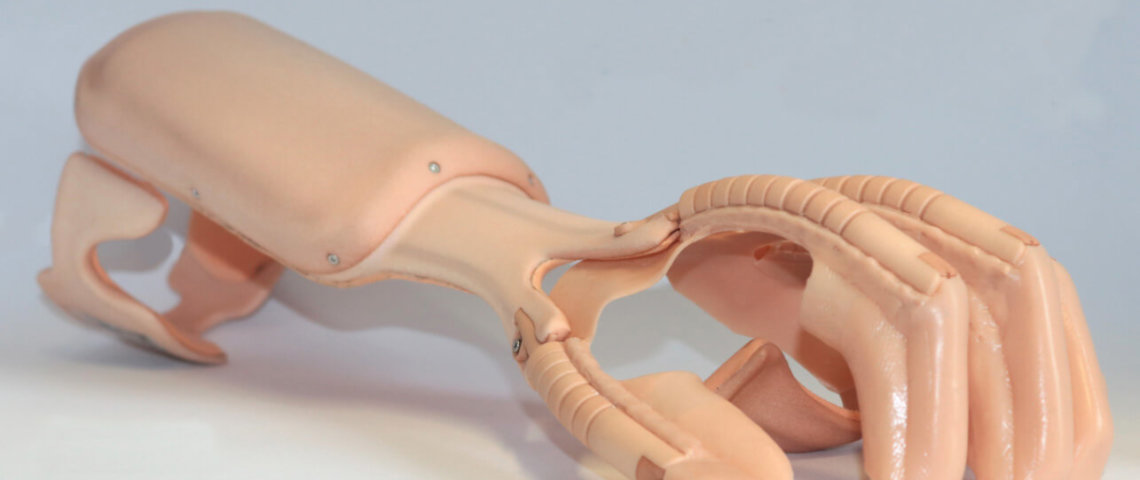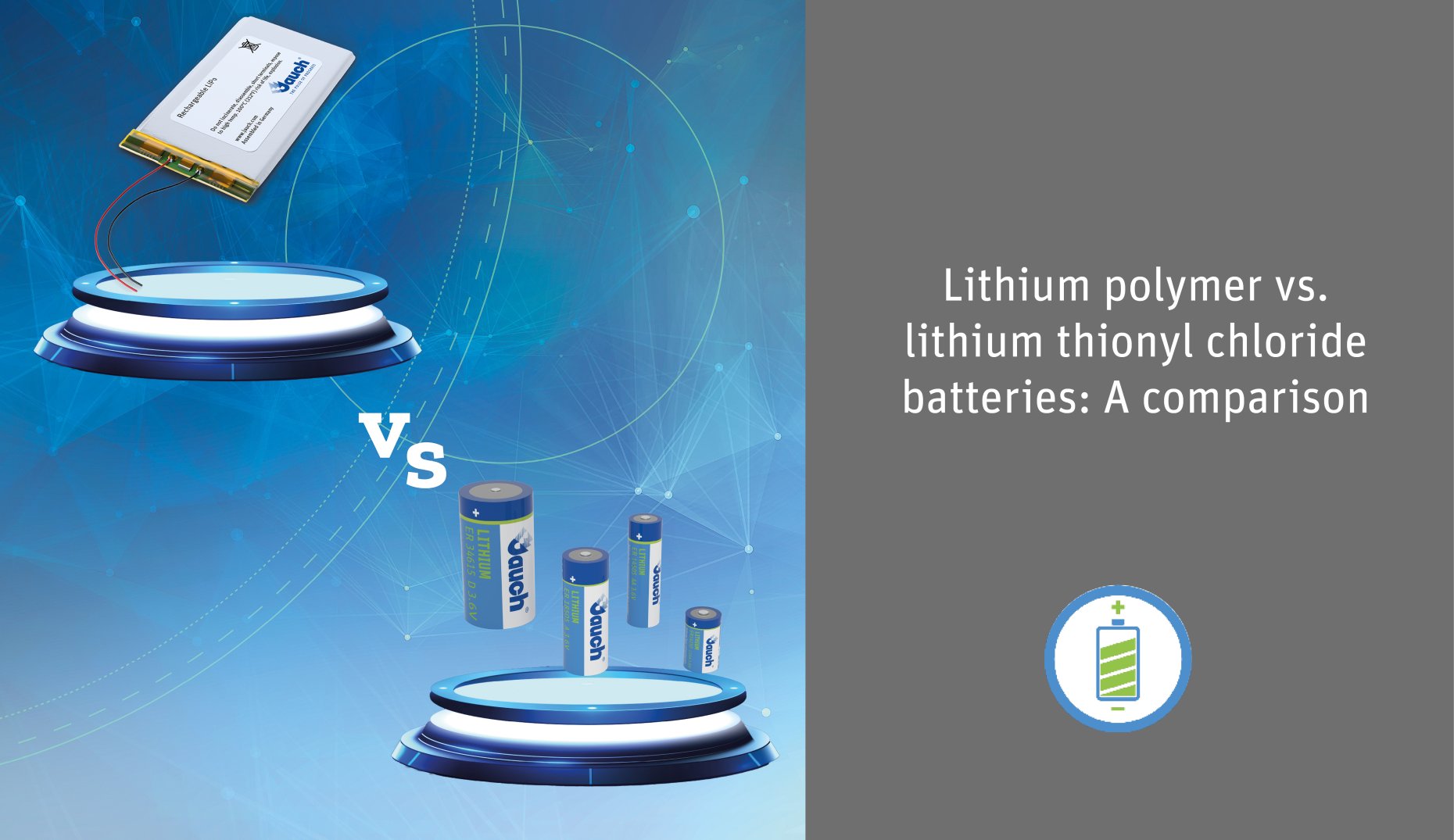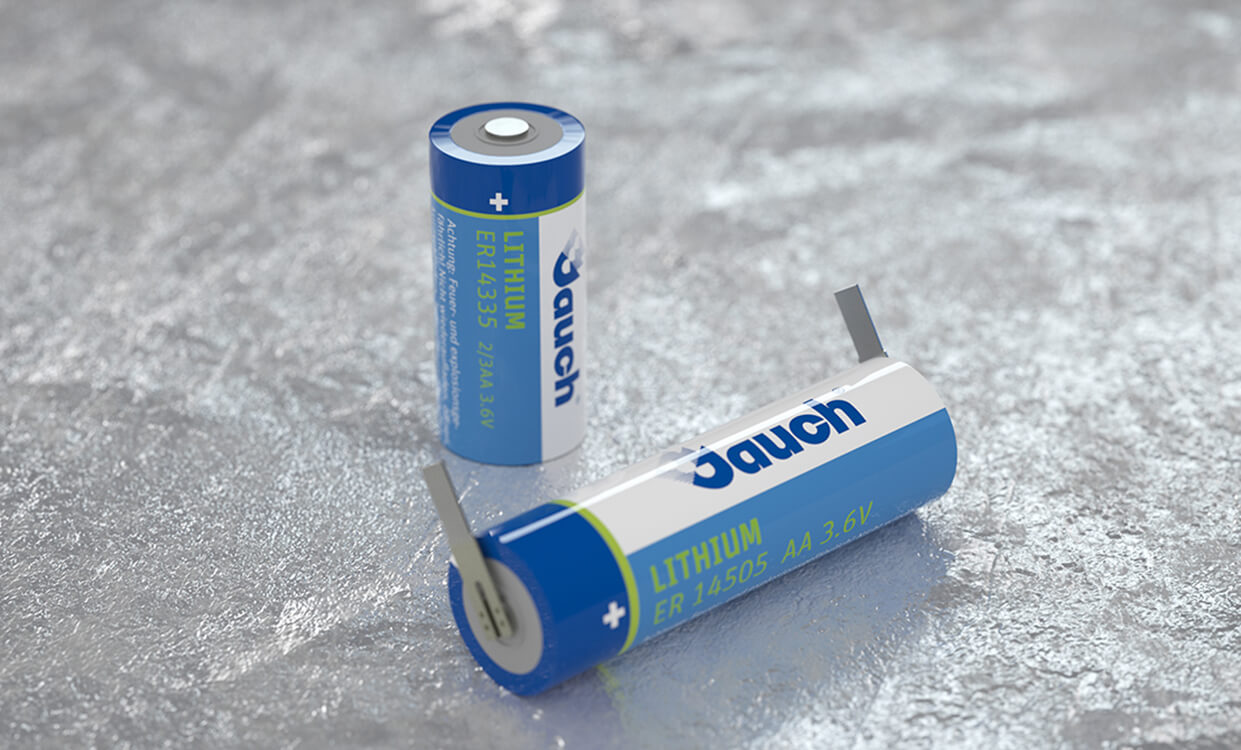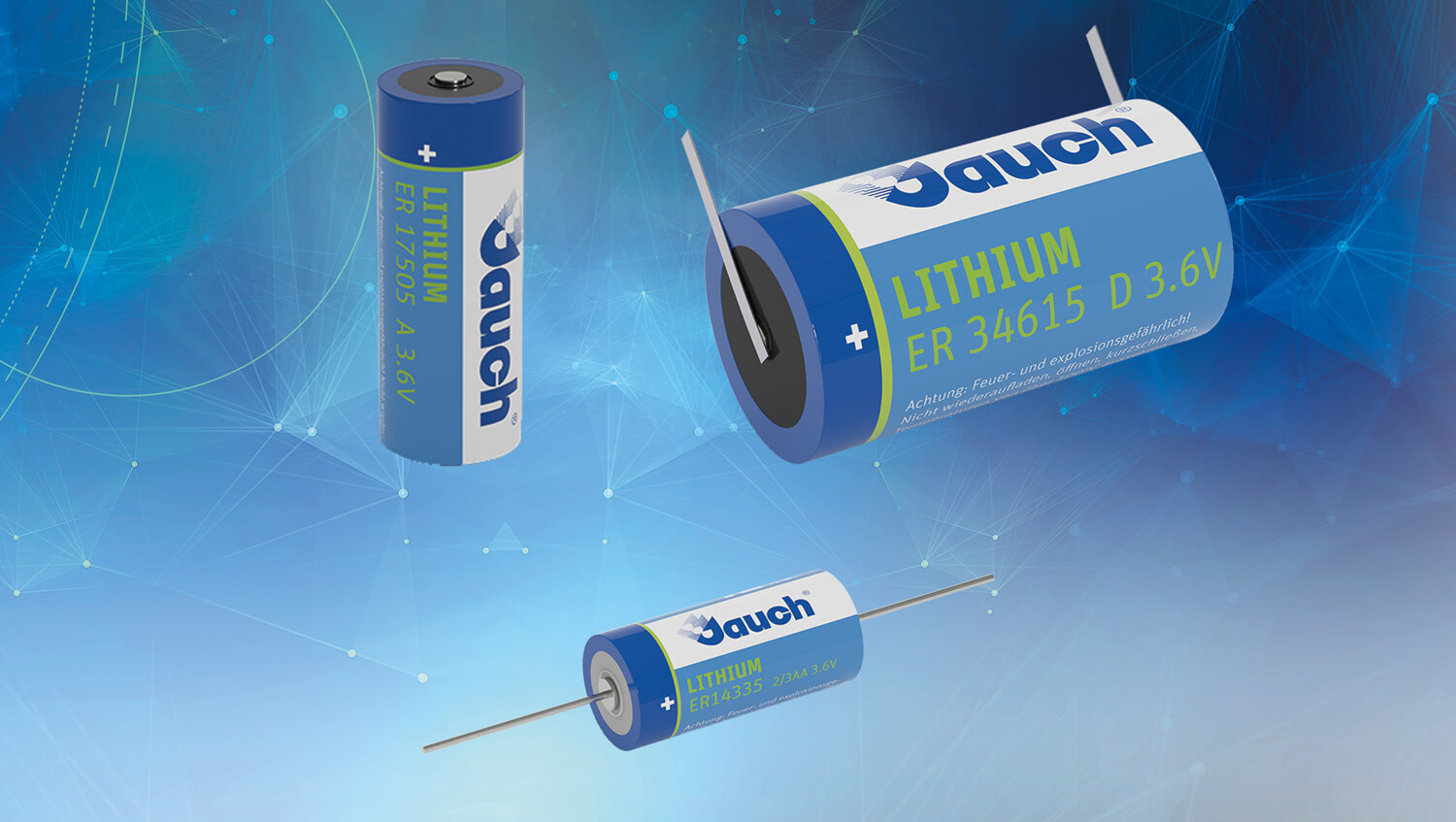Lithium polymer vs. lithium thionyl chloride batteries: a comparison
In a world where the demand for powerful and long-lasting batteries is constantly growing, different technologies are competing to meet the needs of a wide range of applications. Among the promising options, rechargeable lithium polymer batteries and primary lithium thionyl chloride batteries are at the top of the list. Both are lithium batteries and are
- Published in Battery Technology, Uncategorized

Customer Success Story: A Powerful Lithium-Ion Battery for HKK Bionics
Everyday activities such as tying shoes or eating with knife and fork are almost impossible for patients with paralyzed or weakened hands. The German-based start-up HKK Bionics is aiming to help these people with its newly developed hand orthosis. “Our exomotion® hand one is a kind of motorized partial glove with forearm splint,” explains Dominik
- Published in Battery Technology, Customer Success Stories
Passivation of Lithium Thionyl Chloride Batteries
Lithium thionyl chloride (LiSOCl2) batteries are special in many ways; with 3.6 volts, they have the highest cell voltage of any primary batteries available. They are also extremely durable and can be safely stored for long periods of time. This excellent shelf life is the result of another special feature of LiSOCl2 batteries called “passivation”.
- Published in Battery Technology
Advantages and Special Characteristics of Lithium Thionyl Chloride Batteries
Lithium thionyl chloride batteries (Li/SOCl₂) belong to the lithium primary cell family. Unlike lithium ion or lithium polymer batteries, these cells cannot be recharged once they have been discharged. However, due to their long lifetime, this characteristic is of little importance in everyday use. In fact, lithium thionyl chloride batteries supply power to applications for
- Published in Battery Technology


 Deutsch
Deutsch 

